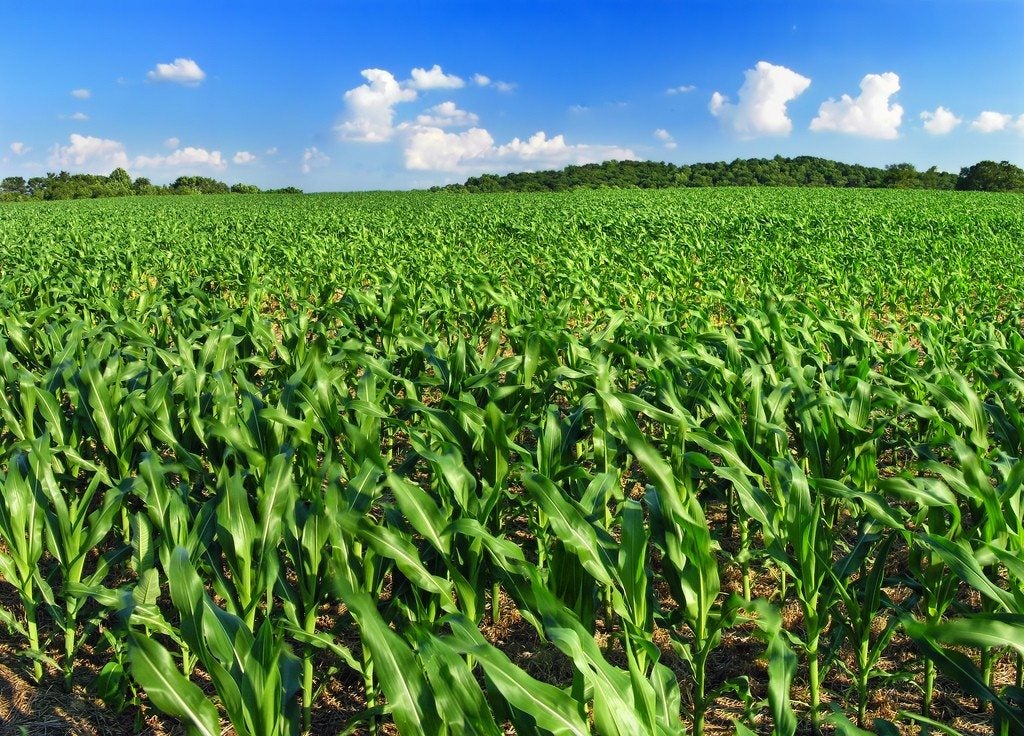What Is Monocropping: Disadvantages Of Monoculture In Gardening

You've likely heard the term monoculture at one time or another. For those who haven't, you may wonder “What is monocropping?”. Planting monoculture crops may seem an easy method of gardening but, in fact, the adverse effects of monocropping can lead to a number of issues down the road. Let's learn more about these effects and the monoculture problems that may result.
What is Monocropping?
Many farmers plant only one crop in the same place year after year. This is what is known as monoculture crops. Supporters claim it is a more profitable way to farm than switching crops around each year. When a farmer grows only one type of crop he can specialize in that crop and purchase only the tools and machinery needed to deal with that crop. However, those against monocropping claim that it is very hard on the environment and actually less profitable than organic means of farming.
Disadvantages of Monoculture Farming
Planting the same crop in the same place each year zaps nutrients from the earth and leaves soil weak and unable to support healthy plant growth. Because soil structure and quality is so poor, farmers are forced to use chemical fertilizers to encourage plant growth and fruit production. These fertilizers, in turn, disrupt the natural makeup of the soil and contribute further to nutrient depletion. Monocropping also creates the spread of pests and diseases, which must be treated with yet more chemicals. The effects of monocropping on the environment are severe when pesticides and fertilizers make their way into ground water or become airborne, creating pollution.
Organic Farming, the Alternative Approach
Monoculture problems can be avoided altogether if organic farming methods are employed. When diverse plant species are planted, crops are better able to withstand attacks from both insects and pests, thus eliminating the need for pesticides. Organic farmers focus on developing healthy, rich soil that provides all the nutrients that plants need to thrive and produce an abundant harvest. Organic farms also take advantage of animals such as cattle, pigs, and chickens to help keep the soil rich.
Sign up for the Gardening Know How newsletter today and receive a free copy of our e-book "How to Grow Delicious Tomatoes".